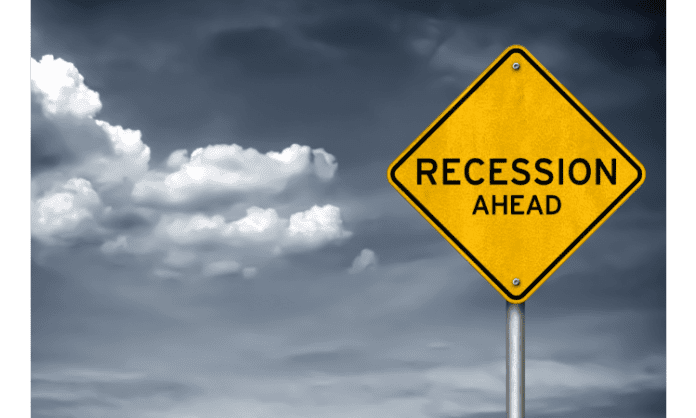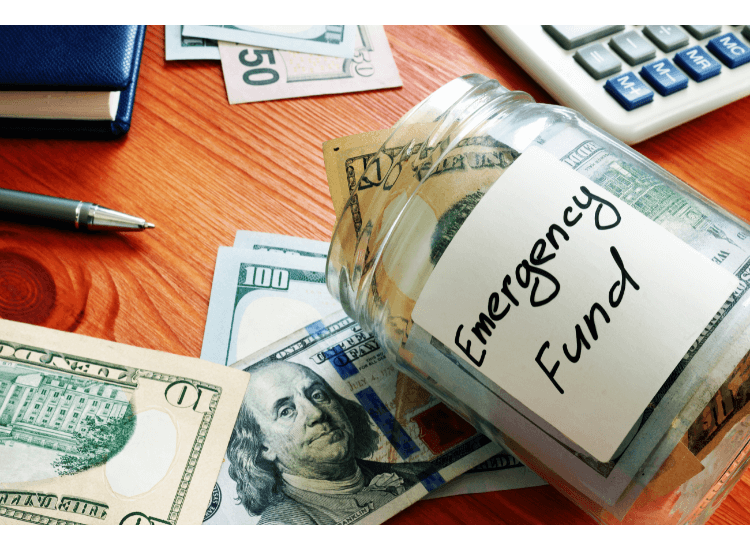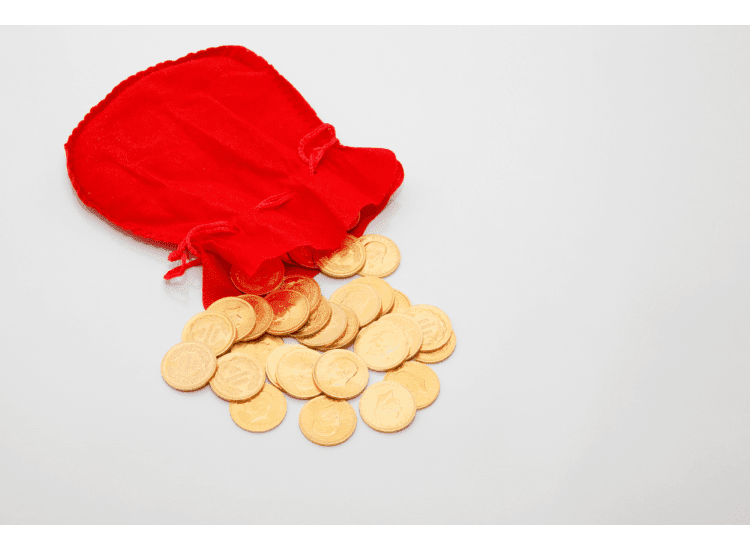
World moving towards recession
The signs of the global economy slowing down are unmistakable. GDP growth has fallen sharply in most countries, and there are no signs of improvement. Stock markets have plummeted, crude oil prices have plummeted, inflation is rising and real estate markets across the world are still stuck in the doldrums. Overall a recession is due any time soon.
And even though the automobile industry has been seeing some growth recently, it’s still not out of the woods yet because consumers are still wary about buying new cars when there is so much uncertainty about jobs and wages in their country or city.
The U.S. economy is stronger than it has ever been, and many people are predicting that we will continue to see strong growth for years to come. But what if the experts are wrong, and the economy is actually heading toward a recession?
History of Recession
Recessions are common in the United States and have been for a long time. Since 1900, we’ve had about 11 recessions.
The longest recession was from 1929 to 1933, when the Great Depression took place. That recession lasted over three years and caused massive unemployment among farmers and workers in the industrial sector. The next-longest recession was from 1957 to 1960, which lasted for 18 months; this one was called “The Recession of 1958.” The most recent recession was in 2008, after which the economy struggled to recover ever since.
There are several reasons to believe that we may be moving into a recession, including:
1. The war between Russia and Ukraine is still raging on. This conflict has caused oil prices to rise substantially; this makes it more expensive for businesses to operate and consumers to purchase goods. Additionally, it does not seem like there will be any resolution soon—or at all—so this issue could drag on for years.
2. China’s economy is slowing down dramatically due to its trade war with Taiwan; this means that demand for products made in China may decrease as well. This could have serious implications for economies around the world because many companies rely on China as an export market for their goods.
3. Inflation rates have risen significantly over the past few years due to increased borrowing by consumers who were lured by low-interest rates after the recession ended in 2009; these higher costs make it more difficult for families across America to afford basic necessities such as housing or food without making sacrifices.
Covid 19 and its after-effects are straightway related to the recession. The economy of each and every country throughout the world is badly affected, change in climate, drought and several factors are propelling a long-term recession.
Every setback for the economy has been a time to buy as well
As an investor, we should always be aware of the risks. In this section, we will take a look at whether or not we are headed into a recession.
The last two recessions were caused by financial crises in America and Europe respectively. Every setback for the economy has been a time to buy as well. For example:
- During 2000-2002; emerging markets such as India were among those hit hardest by contagion from global central banks’ interest rate cuts. However, they also had some of their best years after these recessions ended.
- Similarly, 2017 was an excellent year for emerging markets due to rising commodity prices (a result of massive Chinese demand) and strong growth in both China and India.
Credit growth has been muted since the days of the IL&FS crisis

Credit growth is one of the most important indicators of the health of an economy. If a country is able to maintain healthy credit growth, it’s usually a sign that people are confident about the future and willing to borrow money from banks.
However, credit growth in India has been muted since the days of the IL&FS crisis in August 2018. This could be a sign that consumer confidence is low, or it could be an indication that people aren’t using their savings on investments—they are hoarding cash instead.
But, historically what happens during a recession on the stock market?
The market is a leading indicator of economic activity. It typically falls before the economy tanks and then recovers before the economy starts growing again.
In 2007, as the Great Recession began to take shape, the S&P 500 index dropped by more than 50%. The market crashed not long after that, with many stocks losing over 80% of their value in a matter of months. But by March 2009—when the job market hit rock bottom—the S&P 500 was up nearly 30%, having recovered its losses in less than two years’ time (and this despite an additional three years of recession!).
How does one stay safe during a recession?
As we inch closer to a possible recession, it is important that you take steps now so that you can stay safe and secure during such times.
- Don’t invest in the stock market. The volatility of the stock market can be dangerous. Avoid making any major investments until the economy has stabilized again.
- Invest in gold or secure funds instead of stocks: If you must invest, opt for gold or a government-backed scheme such as Ulips or PPF (Public Provident Fund). These will ensure that your money is safe even if there’s an economic downturn in the future as they are not linked to volatile markets like equities are.
- Keep income steady: In times of recession, people often cut down on entertainment expenses like eating out at restaurants or traveling abroad; however, this may not be enough to save money quickly enough if inflation rises significantly during such times so it’s important not only to curb unnecessary expenditure but also try increasing your income wherever possible by doing freelance work etcetera if needed! You might also want to consider taking up freelance jobs on sites like Fiverr which pay their users pretty well!
Withdrawal of funds from your investments and putting them into a savings account that pays interest won’t help. You could consider small savings schemes instead of parking your money in bank savings accounts or fixed deposits.

It’s not a good time to withdraw money from your investments and put it into savings accounts that pay interest. You could consider small savings schemes instead of parking your money in bank savings accounts or fixed deposits.
As the economy starts to slow down, it is not a good idea to be greedy. It is better to invest in gold than anything else at this point in time because gold has been considered one of the safest investment options for decades now and its value doesn’t depreciate too much even when there is an economic slowdown or recession.
Investing in gold is one of the best options to hedge against inflation and protect capital. However, it is not a regular income-producing instrument. I personally keep around 5-10% of my portfolio in gold as insurance for emergencies and for wealth protection. During volatile times, investors would do well to keep some portion of their investment portfolio in gold as insurance from market fluctuations, debts, and inflationary shocks.

Investing in gold is one of the best options to hedge against inflation and protect capital. However, it is not a regular income-producing instrument. I personally keep around 5-10% of my portfolio in gold as insurance for emergencies and for wealth protection. During volatile times, investors would do well to keep some portion of their investment portfolio in gold as insurance from market fluctuations, debts, and inflationary shocks.
In addition to this personal preference, I have seen many people diversifying their portfolios with gold ETFs because they feel that it will protect them against a recession by providing liquidity during market downturns. The choice of whether or not you want to invest your hard-earned money into something like this should ultimately come down to your own risk appetite – but here are three reasons why I think investing in gold could be right for you:
Wrapping Up
- A recession is part of the business cycle, which means it’s cyclical. It comes and goes like a storm—and when it comes again, you might be better prepared than ever before.
- Decrease spending as much as possible to keep your business going strong in the long term.
- Don’t panic or give up hope! Recessions don’t last forever, and there are always ways to adapt and adjust during them.
- With careful planning and preparation beforehand, there’s no reason why you can’t weather any recession that comes your way with ease!











